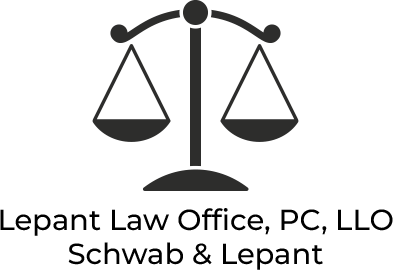You are able to protect and keep all ERISA-qualified retirement accounts when you file bankruptcy.
We've all dream retirement scenario. For some it's moving to warmer weather with good company. For others, it's to buy an RV traveling the states and visiting their grandchildren. These dreams help carry us through the workweek and they get us through difficult times. People often worry about what will happen to their retirement accounts, and essentially their dreams, when they file for bankruptcy. They don't want to file bankruptcy if it's going to jeopardize their future. This concern can cause people to avoid bankruptcy at all cost. However, Congress put those concerns to rest when they revamped the bankruptcy laws in 2005. The overhaul created exemptions to all ERISA-qualified pension plans. These changes made it possible for a debtor to protect their retirement account when filing bankruptcy.
It is easy to see why Congress made these changes to the bankruptcy code. One of the main purposes of filing for relief under the bankruptcy code is to get a "fresh start". It would not be much of a "fresh start" if the person filing bankruptcy was required to forfeit their retirement. If that were the case then bankruptcy filers would find themselves in a worst spot after filing bankruptcy. The concept of retirement would cease to exist for bankruptcy filers and they would be forced to work well past retirement age. Thankfully Congress helped make it easier for Debtors to still have a bright future after their "fresh start" by adding exemptions to retirement accounts.
What Type Of Retirement Accounts Are Fully Protected?
All ERISA-qualified retirement plans are protected. This does not include accounts such as investment accounts, stock options, or checking/savings accounts. The account must be an ERISA-qualified pension plan. These are some examples of ERISA-qualified plans and how much you can exempt as of April 1, 2019. The figures are updated every 3 years under 11 USC § 522(n):
- IRA and Roth IRA's (these are limited to an exemption of $1,362,800 per person);
- 401(k) (Unlimited);
- 403(b) (Unlimited);
- Money Purchase Plans;
- Profit-Sharing Plans;
- Defined Benefit Plans.
Learn more about Which Retirement Accounts ERISA Covers
It is important to note that the funds are only protected as long as they remain in a qualified retirement account. If you withdraw from your retirement account and place those funds in your checking account, they can no longer be protected by the retirement exemption. Additionally, retirement benefits paid to you as income are generally not exempt.
Remember that exemptions need to be claimed when you file Bankruptcy. This is why it is important that you meet with an experienced bankruptcy attorney who knows how to use the exemptions to protect your retirement. If these exemptions are not claimed properly by the debtor then you risk losing your retirement accounts. Don't let that happen to you and call us today so that we can make sure your retirement is still waiting for you after filing for bankruptcy
How can I rebuild my credit after bankruptcy? Click here.
Learn more about the code behind bankruptcy exemptions. Click here.
Are you interested in setting up an appointment? Click here.


